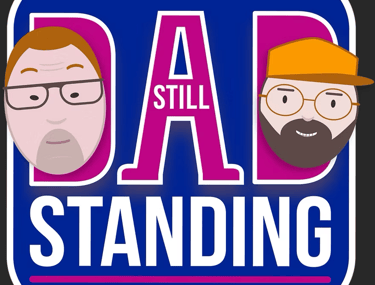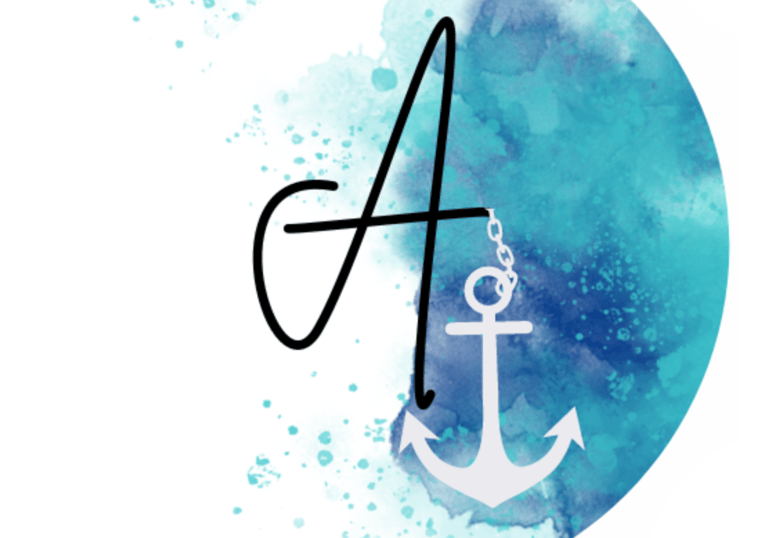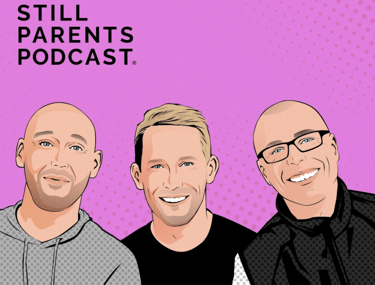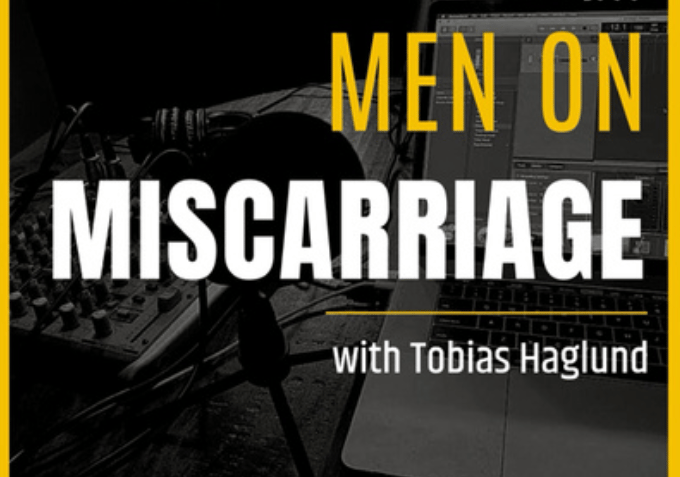partner's corner
Healing Side-by-Side
Grief after pregnancy loss touches both hearts in a relationship. As a partner, you may feel unsure how to support the one you love, while also carrying your own grief silently. You might have been told to “be strong,” expected to stay steady while your own emotions rumble beneath the surface.
This space is for you. Whether you're male, a same-sex partner, a surrogate support person, or anyone who walked through loss side-by-side—your grief matters. Your role matters. And you are not alone.
Here you’ll find words to hold onto, guidance to navigate tough moments, and resources that honor the complexity of your experience.


Men’s Grief After Pregnancy Loss: The Forgotten Side
Pregnancy loss often centers the experience of the person who carried the baby—and rightly so. But in the process, the partner’s grief can get overlooked, especially if that partner is male. Society tends to expect men to “be strong,” to take care of everyone else, and to stay silent about their emotions. But grief doesn’t follow gender rules.
Many men report feeling helpless, isolated, or unsure of how to express their emotions. They might pour their grief into action—planning, fixing, or managing logistics—rather than openly mourning. Others might feel pressure to stay stoic, even when they’re struggling deeply inside.
It’s okay to grieve in your own way. Whether that means writing a letter to your baby, making a memorial, or simply crying in private—it all counts. What’s important is not stuffing down the pain or pretending it’s not there.
Finding a safe space to talk can be transformative. Whether it’s with a trusted friend, therapist, or online community, being heard and seen in your grief makes a difference.
You don’t have to “man up” to move forward. You just have to feel—and let others know it’s okay for them to do the same.


When You’re the One Who Didn’t Carry the Baby—But Still Carry the Grief
Sometimes, grief makes you feel like an outsider in your own story. When your partner was the one physically pregnant, the world may focus entirely on their pain—and overlook yours. You might have been holding their hand in the ER, fielding calls, making meals, and trying to stay “strong.” But inside, you were breaking too.
As a non-carrying partner, your grief may look different. You didn’t feel the kicks. You didn’t go through the physical loss. But you imagined that child. You dreamed about their laugh, their tiny shoes, the life that would unfold. And when that dream shattered, you lost just as much emotionally.
You deserve the space to grieve in your own way. It’s okay if your sadness comes out as anger, numbness, anxiety, or silence. It’s okay if it shows up later, when the dust settles. What matters is acknowledging it—and not pushing it down because you “should be fine by now.”
Healing doesn’t require comparison. Your grief is valid. So is your voice. Speak it. Write it. Share it. There is strength in being honest, and healing in being seen.


resources
A curated collection of resources for dads and partners
A raw and relatable guide written specifically for fathers navigating pregnancy or baby loss. With honesty, practical advice, and emotional validation, this book gives grieving dads the permission, language, and support they often don’t receive—but deeply deserve.


Hosted by two bereaved fathers, this podcast offers real, relatable conversations about baby loss from a dad’s perspective. With honesty and heart, it creates space for men to explore grief, fatherhood, and finding hope after loss—without judgment or pressure.
A collection of support tools, peer networks, and content specifically for LGBTQ+ individuals navigating pregnancy and infant loss.




*affiliate link
An honest, heartfelt podcast created to amplify the voices of dads and partners navigating baby loss. Each episode offers space for men to share their grief, challenge silence, and find connection through real stories of love, loss, and healing.


A compassionate and much-needed space where men speak openly about miscarriage, grief, and emotional healing. Through candid conversations, this podcast breaks the silence around male experiences of pregnancy loss and offers support, perspective, and solidarity.




RTZ HOPE offers a compassionate and inclusive space with resources specifically designed for LGBTQ+ individuals and families navigating grief and loss. Has grief circles, workshops, and healing programs as well.
UNDERtheHEARThq@gmail.com
This website contains some affiliate links (all clearly identified), which means Under the Heart may earn a small commission if you make a purchase, at no extra cost to you. These funds help support the continued creation of grief-informed content, journals, and resources for our community. Most of the links herein are not affiliate links. Regardless of affiliations, please know that every resource listed here has been chosen with care and with the hope that it supports your healing in some way.
